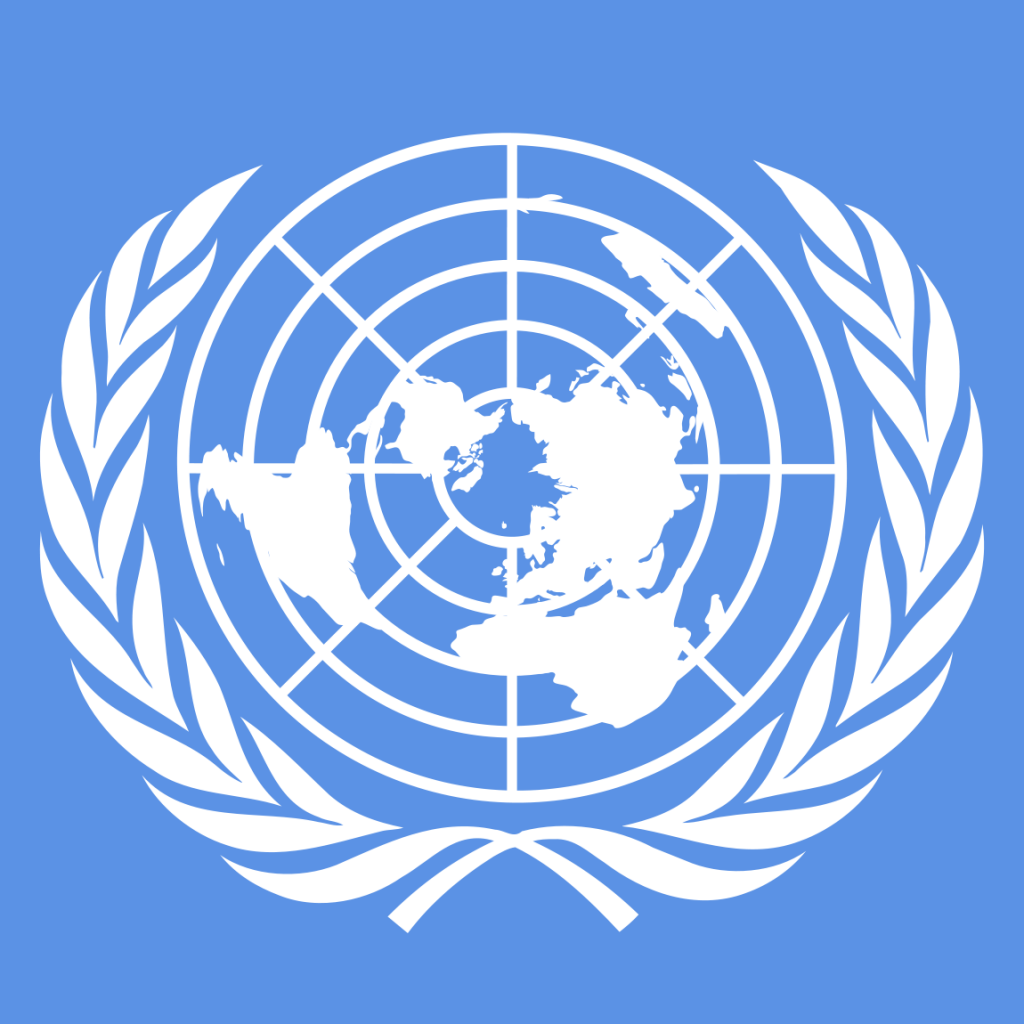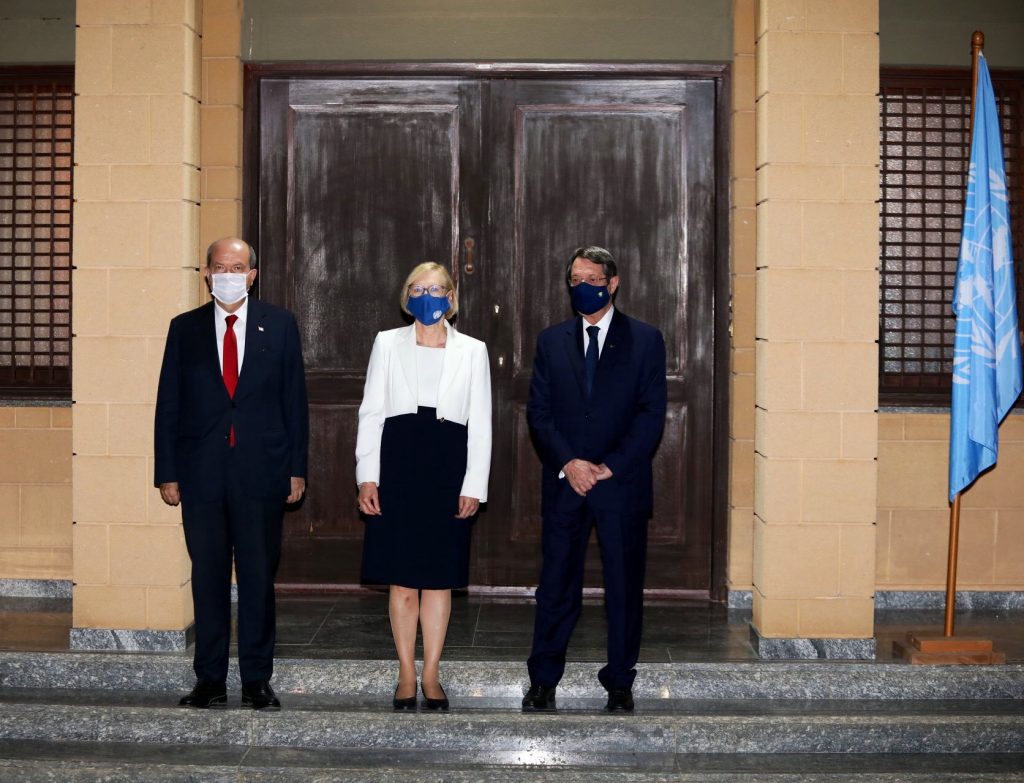The United Nations has confirmed the date and location for an informal meeting to discuss the future of the island of Cyprus.
Turkish Cypriots and Greek Cypriots, and the island’s three Guarantor Powers, Britain, Turkey and Greece, will meet in Geneva between 27 and 29 April 2021.
“The purpose of the meeting will be to determine whether common ground exists for the parties to negotiate a lasting solution to the Cyprus problem within a foreseeable horizon,” UN Secretary-General Antonio Guterres’s spokesman, Stephane Dujarric, said in a statement Wednesday.
The Turkish side is actively pursuing a two-state solution to end the Cyprus dispute following a change of mandate after last year’s presidential election in the Turkish Republic of North Cyprus (TRNC), which was won by Ersin Tatar.
Pointing to 56 years of failed federal talks following the outbreak of the conflict in December 1963, the new Turkish Cypriot leader had pledged to pursue a two-state solution if elected. President Tatar’s Cyprus policy has the full backing of Turkey.
South Cyprus and Greece doesn’t support such an outcome, preferring to stick to the internationally agreed formula of a bi-zonal b-communal federation to reunite the island.
Yet the Greek Cypriot side has rejected multiple UN-backed federation plans since the formula was first put forward as part of the High Level Agreements in the late 1970s, the most recent being at Crans Montana in July 2017. 
The Turkish side have repeatedly asserted that the imbalanced approach of the international community towards Cyprus means Greek Cypriots have no incentive to share power. Since 1964, the world has treated Greek Cypriots as the sole authority on the island, while refusing to uphold the equal political rights of Turkish Cypriots.
The Republic of Cyprus was formed as a power-sharing state between Greek and Turkish Cypriots in 1960, when the island gained its independence from Britain. This shared state of affairs was short-lived, as Greek Cypriots seized power in December 1963 in a period known as “Bloody Christmas”.
The island has been split ever since, with the division cemented following a Greece-backed coup in 1974 that forced the intervention of Turkey to curb massacres against the island’s Turkish population.
After years of failed talks to unite the island, Turkish Cypriots declared their own state, the TRNC, on 15 November 1983 as a means of asserting their equality against the internationally recognised, but solely Greek Cypriot-administered Republic of Cyprus.
The TRNC is only recognised by Turkey and until recently, no Turkish Cypriot leader had actively pressed for the formal international recognition of the country.
On 24 April 2004, a simultaneous referendum was held in North and South Cyprus on the UN-backed Annan Plan, which aimed to unite the island ahead of Cyprus entering the European Union. Despite agreeing to the plan at the UN negotiation table in Bürgenstock, Switzerland, the Greek Cypriot leader Tassos Papadopoulos, supported by the Greek Cypriot Orthodox Church, called for Greek Cypriots to vote ‘No’ at the referendum.
The Annan Plan was overwhelmingly rejected by South Cyprus, with 76% of the Greek Cypriot population voting against, while being accepted by 65% of Turkish Cypriots in North Cyprus.
Although the EU’s own rules forbid admitting a member with political problems, a divided Cyprus entered the EU on 1 May 2004. Since then, only those in South Cyprus have fully benefited from citizenship, while North Cyprus remains largely frozen out.
Main picture, top, of Ersin Tatar, Elizabeth Spehar, and Nicos Anastasiades in the Nicosia Buffer Zone, Cyprus, 03 Nov. 2020. Photo © Twitter / KKTC Cumhurbaşkanlığı





